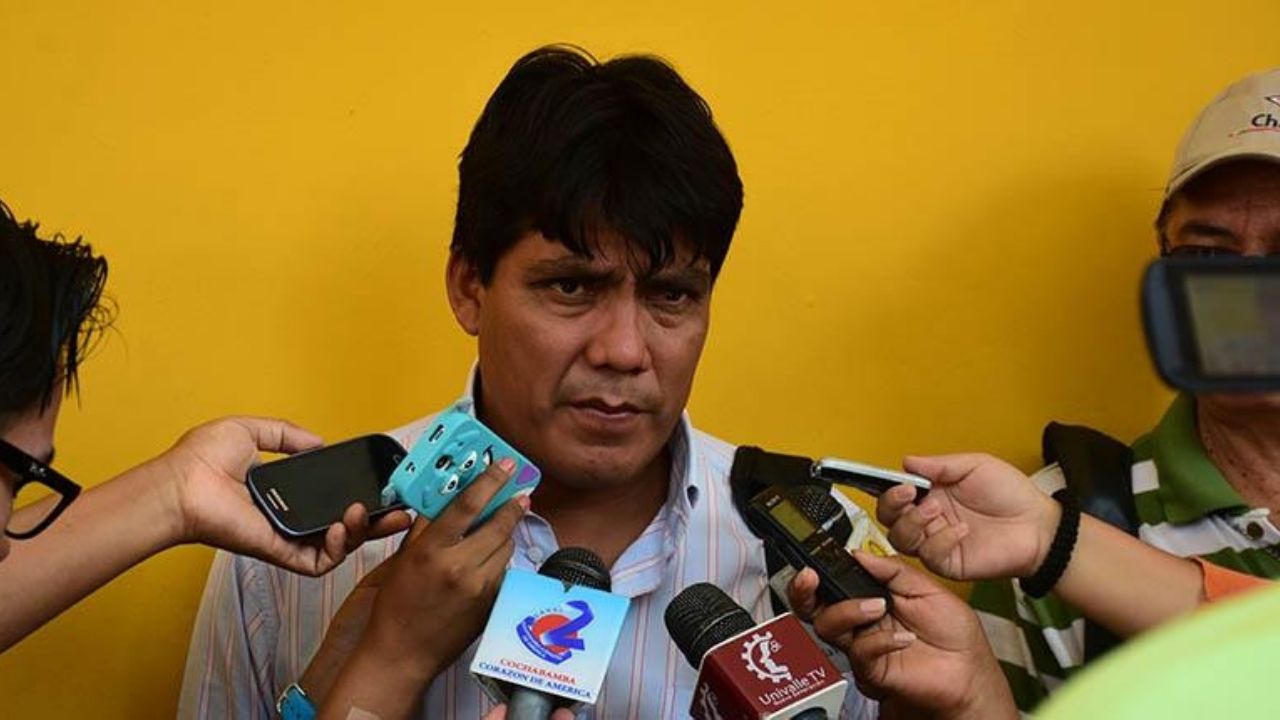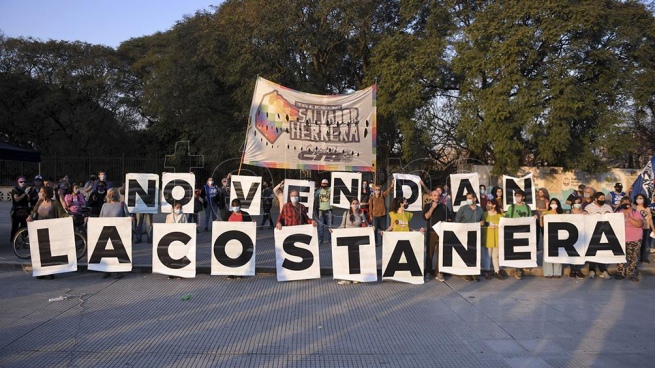Page Seven Digital
Héctor Arce, deputy of the Movement Towards Socialism (MAS), expressed his outrage on Monday at the cases of rape and femicide in the country, and expressed the desire to reinstate the death penalty for this type of crime. The legislator proposed that every August 6, on the anniversary of the founding of Bolivia, executions be carried out.
“From my perception, excuse me for saying it but I am going to say it, these people who kill, rape mercilessly (like) this Richard Choque, should not live any longer, this subject does not deserve to live any longer. For those kinds of people we should have the death penalty. I say like this: every August 6, on the anniversary of the country, these types of people should be executed,” Deputy Arce told the press.
In the opinion of the legislator, a national audit of all the processes carried out in the country should be carried out, since the judicial officials “are the real criminals”, referring to the consortiums of authorities that facilitated the release of sentenced persons such as Choque .
You can also read: Copa suggests converting the house of the femicide and serial rapist into a refuge for women
“I think that today we have to be very careful, those who administer justice are a danger and a threat. I think these are the real criminals, criminals who have damaged the lives of the victims. (…) It really is chilling, how judges, prosecutors and lawyers go and look for the prisoners, they offer them a series of procedures to twist the arm of justice and in days murderers, rapists go free,” he added.
The official legislator’s statements come at a time of popular outrage over the various cases of femicides and rapes reported in the country.
One of the most notorious in recent weeks is that of Richard Choque Flores, who confessed to having murdered and buried the young Iris and Lucy. Later it became known that the individual was sentenced in 2015 for the kidnapping and murder of another young university student, but he benefited from house arrest. He is currently being investigated for the rape of at least 77 women, whom he captured through social networks.
You can also read: Mujeres Creando “repudiates with indignation” the government commission
The last capital punishment was in 1973
The old Bolivian Penal Code established that the death penalty was for the crimes of murder, parricide and treason; in addition to terrorism, kidnapping of people and guerrilla acts.
Melquiades Suxo was the last Bolivian to die under capital punishment in 1973. He was found guilty of the crimes of rape, torture and murder of a four-year-old girl.
The current Political Constitution of the State establishes respect for the life and integrity of all people and rules out the possibility of the death penalty being included in any legal norm.
















